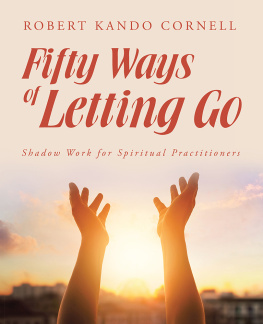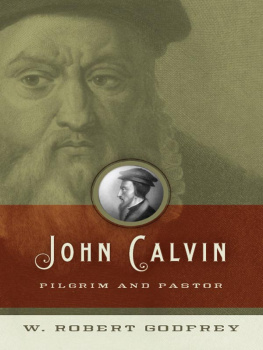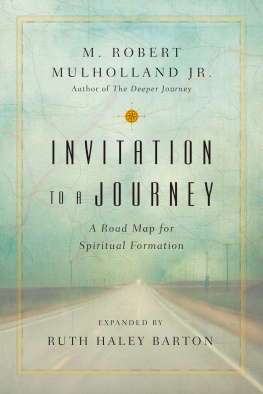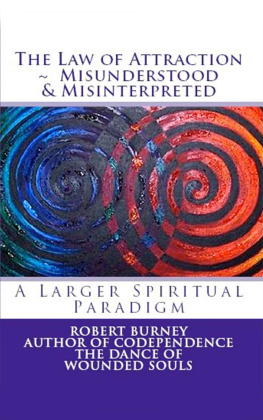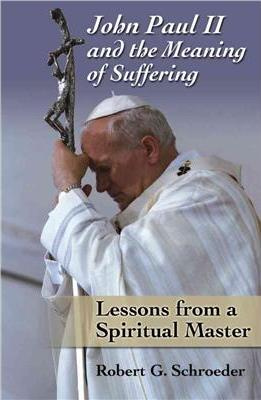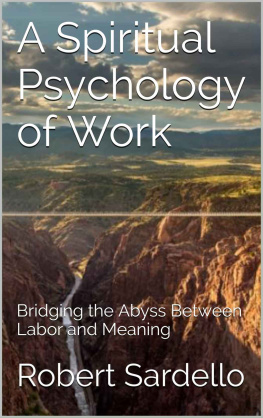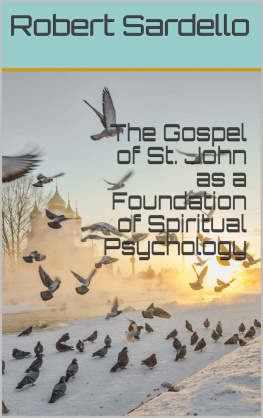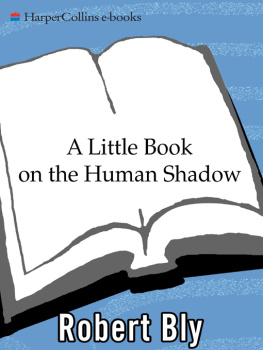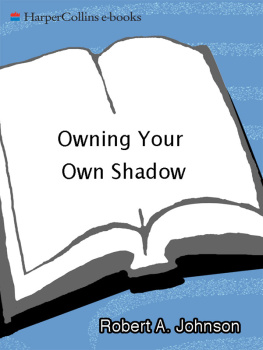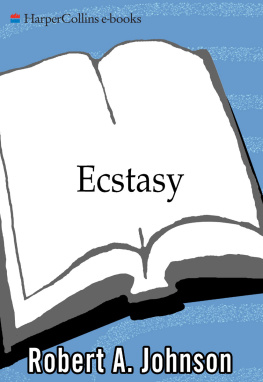Fifty Ways
of Letting Go
Shadow Work for Spiritual Practitioners
BY ROBERT KANDO CORNELL

Copyright 2017 Robert B. Cornell.
All rights reserved. No part of this book may be used or reproduced by any means, graphic, electronic, or mechanical, including photocopying, recording, taping or by any information storage retrieval system without the written permission of the author except in the case of brief quotations embodied in critical articles and reviews.
Bible quotations are all from the New International Version, NIV Copyright 1973, 1978, 1984, 2011 by Biblica, Inc. Used by permission. All rights reserved worldwide.
Balboa Press
A Division of Hay House
1663 Liberty Drive
Bloomington, IN 47403
www.balboapress.com
1 (877) 407-4847
Because of the dynamic nature of the Internet, any web addresses or links contained in this book may have changed since publication and may no longer be valid. The views expressed in this work are solely those of the author and do not necessarily reflect the views of the publisher, and the publisher hereby disclaims any responsibility for them.
The author of this book does not dispense medical advice or prescribe the use of any technique as a form of treatment for physical, emotional, or medical problems without the advice of a physician, either directly or indirectly. The intent of the author is only to offer information of a general nature to help you in your quest for emotional and spiritual well-being. In the event you use any of the information in this book for yourself, which is your constitutional right, the author and the publisher assume no responsibility for your actions.
Any people depicted in stock imagery provided by Thinkstock are models,
and such images are being used for illustrative purposes only.
Certain stock imagery Thinkstock.
ISBN: 978-1-5043-7357-9 (sc)
ISBN: 978-1-5043-7359-3 (e)
Library of Congress Control Number: 2017901143
Balboa Press rev. date: 03/20/2017
CONTENTS
APPENDICES
Dedicated to two wonderful Teachers of the Heart, Drs. Ron and Mary Hulnick, founders of the University of Santa Monica.
Pages 2, 261: Poems of Rilke translated by myself with assistance from Jochen Strak.
Pages 302-303: Poem Father II about her father Don Thomas by kind permission of Gillian Kessler.
No book is written in a vacuum. I want to first thank my wife Marna for supporting me on this project that has taken many nights over the last three and a half years to finish. She read and proofed it and gave me great encouragement. She also gives me the support of a loving home environment that lets me spend my evenings after work writing! I want to thank men in the Brothers on the Journey group at my church that read it and gave me some good feedback: Kevin Wilson, Phil Spradling, and Jochen Strak.
Jochen also helped me with the Rilke poems to understand some of the idiomatic usages of German I might otherwise not get; but any errors of translation are mine. My good Dharma friend Dana Dunlap gave me one of the few quotes from a Zen master that mentions the heart. My friend Phil Spradling donated some of his beautiful photos for backdrops for several of my original poems. I couldnt use them in this book for practical reasons but I hope in a future version of this book to be able to use them! My long time therapist Constance Wells not only encouraged me but also read the entire manuscript and gave me many helpful corrections. How many people have therapists that will do that for them!
I would like to thank Zelda Kennedy, Associate Pastor at All Saints, for her many years of support for my work as group leader of Sacred Journeys, Brothers on the Journey, Practicing the Habit of Stillness, and other workshops and small groups that I have led at the church. She has put much trust in me over the years and let me experiment with many different type of groups and workshops. Some materials from these groups find their way into this book. Thanks also to Jon Dephouse our associate minister in charge of spiritual formation at All Saints; I have thoroughly enjoyed his friendship and collegiality.
I want to thank a dear deceased friend, Kathleen Stroup, who wrote the beautiful poem in chapter 44 and who helped me so selflessly in some of my workshops. I sorely miss her! And last but not least, I want to thank Gillian Kessler for letting me use her beautiful tone poem about her father, Don Thomas who is a fellow congregant at All Saints Episcopal Church in Pasadena.
The closer you get to the Light, the more of your shadow you see. Thus truly holy people are always humble people. As one master teacher cleverly put it, Avoid spirituality at all costs; it is one humiliation after another!
Richard Rohr
Back in 1982, I had been practicing Zen in Los Angeles for 13 years, nine as an ordained Zen Buddhist monk, and I was studying to become a teacher. My Zen teacher was always something of an enigma to me; he could be warm and engaging at times (especially when you were drinking with him) but then he could pull back and feel very distant. As someone with a father wound, I was hungry for his attention and approval and this alternating warmth and distance really hooked me. I drove myself to practice harder in my meditation at least in part to gain his acceptance, if truth be told. As they say in program, I white knuckled it, trying to gain enlightenment through sheer effort.
Then the truth finally came out when he went into rehab for alcoholism: he had been involved sexually with many of his women students even though he was married and had children. I went from a rather naive idealization of Roshi to feeling outraged and betrayed by him. Soon after the secrets came out, I went to an Alanon meeting, full of anger and pain. I shared my story and outrage in the group and one person came up to me later and asked me, What was your part in this drama? I really resented their question; I was so angry and hurt and I was not ready to see that the answer to that question eventually might bring me some clarity and freedom.
A year later, I left the Zen Center, remarried and became a layman with a landscape design and construction company that I had started as a monk a few years earlier. But serious questions stayed with me as I tried to make sense of what had happened at the Zen Center and with Roshi and most importantly with myself. These questions became deep ongoing subjects of inquiry for me. These were my personal Koans; deep questions that I had to live with and keep inquiring into. As I explored these issues and studied psychology and participated in therapy, it became clear that one could have deep experiences of realization and still have issues that can cause problems for yourself and your relationships.
In the early to mid 80s there were many serious examples of abuse of power and sexual acting out by senior Buddhist teachers at many other Buddhist practice centers. We Buddhists thought we were superior to those crazy Bible thumping Christians but it turned out that we had serious issues to address as well. In terms of the institutional issues involved, it is clear that the concentration of unchecked, unaccountable power in the hands of the teachers at these training centers was a big part of the problem.
And their presenting themselves as gurus who had all of the answers was another part of the problem. This set them up to be potentially isolated and to have neither peer support nor accountability. However, there was still the troubling question of how such well-trained so-called enlightened teachers could behave so badly and be so far off track from the teachings they purported to teach and uphold. The truth that came to me over time is that we all have unexamined parts that we cannot see by ourselves. This is the shadow that depth psychology speaks of. Even talented well-trained spiritual teachers can have serious unexamined shadows that can wreak havoc on their communities.
Next page
